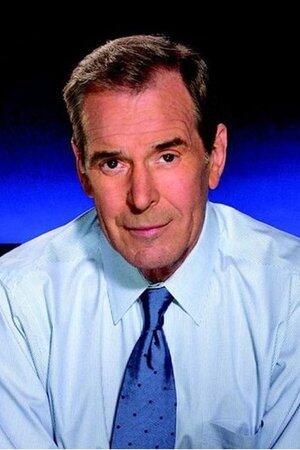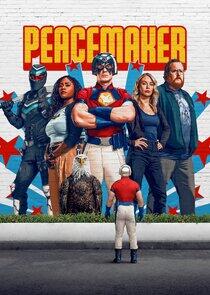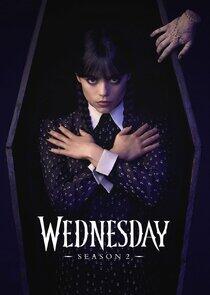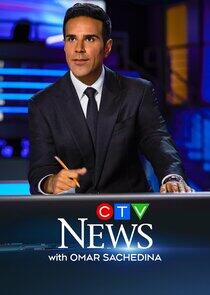
Peter Jennings
Jennings started his career early, hosting a Canadian radio show at age 9. He began his professional career with CJOH-TV in Ottawa during its early years, anchoring the local newscasts and hosting the teen dance show Saturday Date on Saturdays and then co-anchoring the CTV Television Network's national newscast. In 1965, ABC News tapped him to anchor its flagship evening news program. Critics and others in the television news business attacked his inexperience, making his job difficult. He became a foreign correspondent in 1968, reporting from the Middle East.
Jennings returned as one of World News Tonight's three anchormen in 1978, and he was promoted to sole anchorman in 1983. He was also known for his marathon coverage of breaking news stories, staying on the air for 15 hours or more to anchor the live broadcast of events such as the Gulf War in 1991, the millennium celebrations in 1999–2000, and the September 11 attacks in 2001. In addition to anchoring, he was the host of many ABC News special reports and moderator of several American presidential debates. He was always fascinated with the United States and became an American citizen in 2003.
Along with former television anchors Tom Brokaw of NBC Nightly News and Dan Rather of CBS Evening News, Jennings was one of the "Big Three" news anchormen who dominated American evening network news from the early 1980s to the mid-2000s. Jennings's death closely followed the retirements from anchoring evening news programs of Brokaw in 2004 and Rather in 2005.
Biography from the Wikipedia article Peter Jennings. Licensed under CC-BY-SA. Full list of contributors on Wikipedia.
Known For
Recently Updated Shows

Invasion
Earth is visited by an alien species that threatens humanity's existence. Events unfold in real time through the eyes of five ordinary people across the globe as they struggle to make sense of the chaos unraveling around them.

Peacemaker
This James Gunn-created series continues the saga of Peacemaker, a vainglorious superhero/supervillain who believes in peace at any cost — no matter how many people he has to kill. After a miraculous recovery from his duel with Bloodsport, Peacemaker soon discovers that his freedom comes at a price.

48 Hours
48 Hours is a CBS news magazine that investigates intriguing crime and justice cases that touch on all aspects of the human experience. Over its long run, the show has helped exonerate wrongly convicted people, driven the reopening -- and resolution -- of cold cases, and changed numerous lives. CBS News correspondents offer an in-depth look into each story, with the emphasis on solving the mystery at its heart. The program and its team have earned critical acclaim, including 20 Emmys and three Peabody Awards.

Wednesday
Smart, sarcastic and a little dead inside, Wednesday Addams investigates a murder spree while making new friends — and foes — at Nevermore Academy.

Shifting Gears
Shifting Gears centers on Matt, a stubborn, widowed owner of a classic car restoration shop. When Matt's estranged daughter and her teenage kids move into his house, the real restoration begins.

